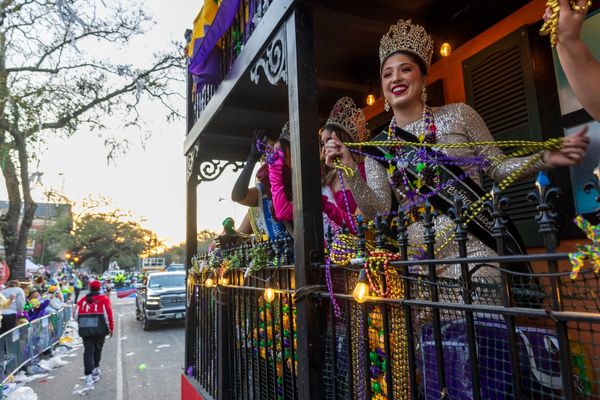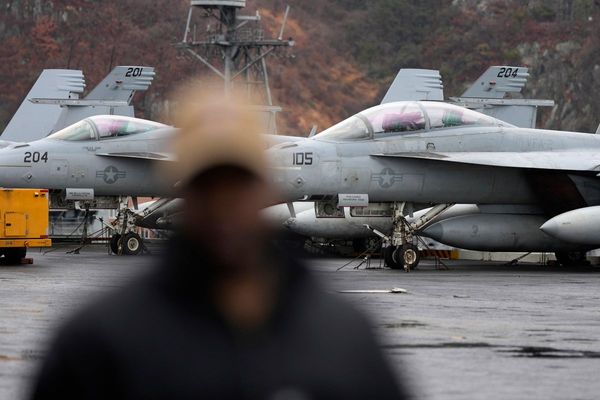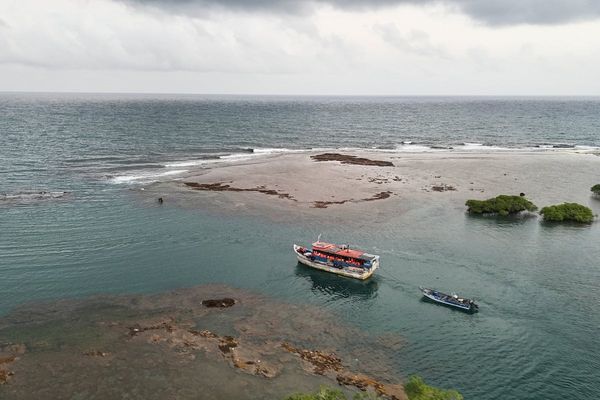A 50-year-long border dispute over an uninhabited Arctic island is drawing to a close as Denmark and Canada agree to end the so-called "Whisky War".
The NATO allies have been engaged in a — mostly good-spirited — squabble over Hans Island, situated at equal distance between Greenland and Canada's Ellesmere Island, since 1971, when their rival claims first came to light at a bilateral meeting to discuss territorial boundaries.
Since the 1980s, officials, scientists and soldiers from Denmark and Canada have visited the barren island, taking turns at removing the other country's flag and raising their own.
Their dispute over the island came to wider attention after media reports of an unusual tradition where visitors would leave a bottle of either Canadian whisky or Danish schnapps for their rivals to find on their next visit.
The end of the Whisky War, as it was nicknamed by media, comes largely as a symbolic act of diplomacy designed to avoid tensions in the high north.
Waiting on parliamentary approval
In 2018, the two countries decided to establish a joint working group to resolve the dispute, ending their decades-long "agree to disagree" policy.
That deal will be formally signed by ministers from both countries after parliamentary approval.
Canada and Denmark will divide the 1.2-square-kilometre island into two, almost equally large parts, along a naturally occurring cleft on the rocky outcrop, according to a deal published by the Danish Foreign Ministry on Tuesday.
With the deal, Canada and Denmark have established the world's longest maritime border of 3,882km spanning from the Lincoln Sea in the north to the Labrador Sea in the south, the foreign ministry said.
ABC/wires







